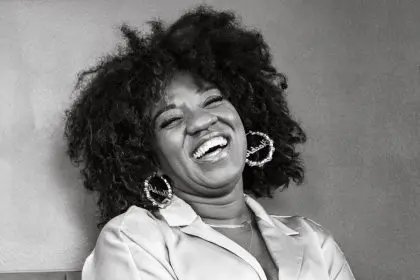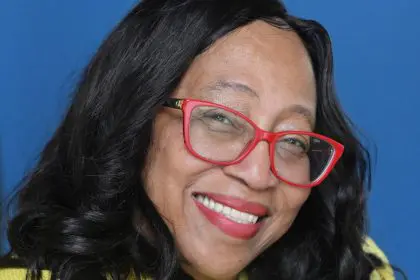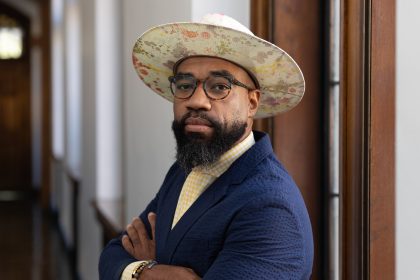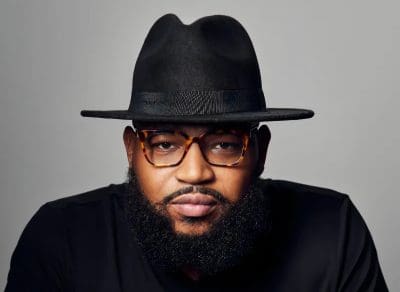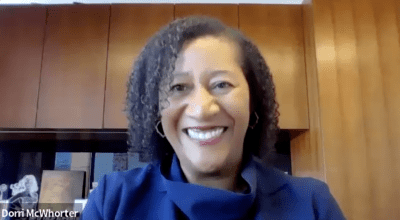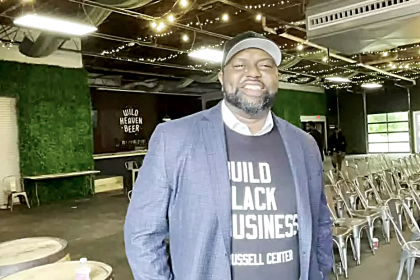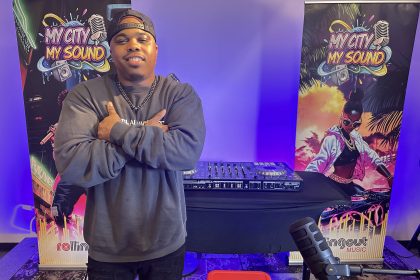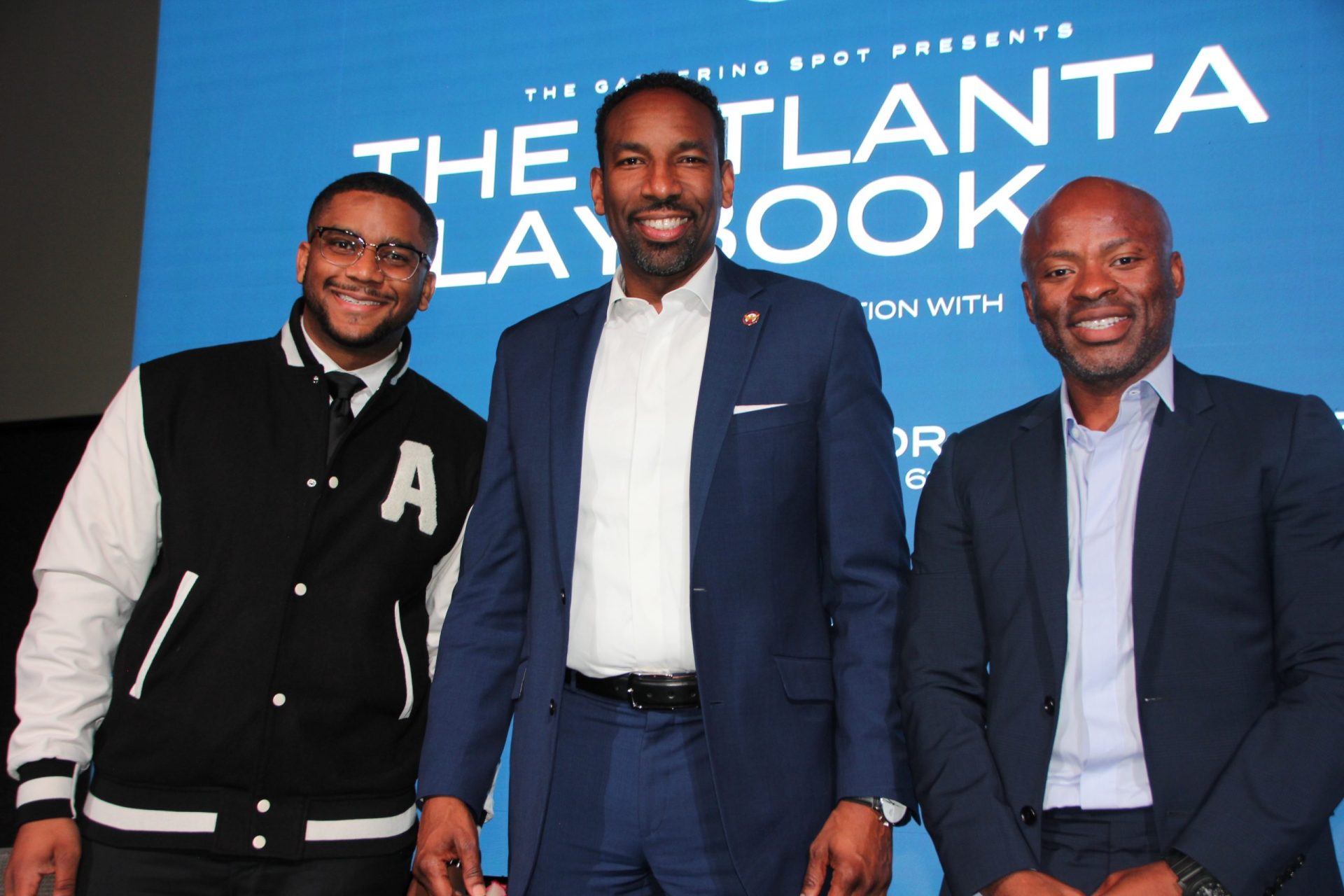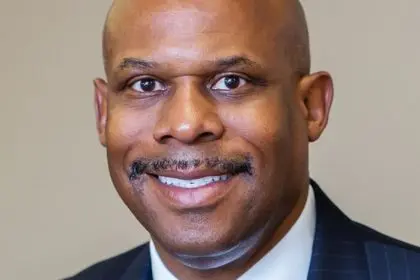Lightship Capital, led by general partner Brian Brackeen and his wife and cofounder Candice Matthews Brackeen, is a venture capital fund based in Cincinnati. Their mission is to invest in exceptional businesses led by founders of color, LBGTQ+, women, and innovators with disabilities. By providing the necessary resources for startup success, Lightship empowers and uplifts these underrepresented ecosystems, enabling wealth creation opportunities.
Under the Brackeen’s brilliant guidance, Lightship has made significant investments, amounting to millions of dollars, in minority-owned tech-driven businesses. These investments span various sectors, including Healthtech and Foodtech, among others.
In addition to funding, Brian Brackeen spearheads the Lightship Bootcamp, an innovative entrepreneur education program that operates in cities nationwide. The bootcamp equips startup founders with essential skills in product development, brand building, leveraging AI for business, fundraising, and more. Brian’s commitment to fostering minority innovation knows no bounds, as he actively serves as an advisor and mentor to numerous tech startups and organizations.
Why did you create Lightship Capital?
Many of your viewers and readers are aware that we don’t have enough venture capital in these spaces. Women and minority founders are invested at the lowest rates of only 2% or so. If you blend those things together, like a Black woman founder, only 0.4% and 0.6% of all venture capital might go to us. The opportunity in us and our businesses is undeniable, so Lightship Capital exists to exploit the market failure in this reality to the benefit of our investors and our founders. We like to say that Lightship turns bias into profit. The more people that would ignore founders of color and women Black founders, the more money we’re able to make by investing in them, helping them grow, helping them sell their companies, and we all win.
Why did you want to be part of Black Tech Week?
Black Tech Week was founded in Miami, Florida, by Derick Pearson and Felicia Hatcher, an amazing power couple that dreamed of this whole idea and bought Black Tech Week along with the URL. The fact that it was even available nine years ago, says a lot about where we were. It was the most serious conference, a lot of big ideas, big tech folks, and a lot of people that wouldn’t speak anywhere else would speak at Black Tech Week. Then there was COVID, so nobody was getting together at all. Felicia took a role running the ALS Foundation, so it was like, “What do I want to do it? What should I do with the brand? Do I want to continue or not?” We saw an opportunity to take the brand, invest in it and build it up. We bought the brand from them two years ago, tripled the budget in the first year, and tripled the number of people which came to about a little over 1,300. This year, we’re expecting 3,000 people to attend Black Tech Week. Next year, we’re expecting 10,000 people. The growth is off the charts. I think it speaks a lot to the number of Black technologists there are in the world. They’re hungry for connection, hungry for content, and hungry for opportunity. We’re focused on providing those three things.
What should we be consuming from Black Tech Weekly?
One of the things we realized along the way was Black tech stories aren’t being told: either not told at all, or being told to hurt the founder and not help the founder. [The founder is] being exploited as opposed to being celebrated. These are three scenarios we saw, I would say, in broad media or White-owned media. We also see sometimes in Black-owned media they don’t have the budgets to have coding tech writers. We thought that there was a place and an opportunity for us as technologists, and as investors to take the Black Tech Week brand, and create something called Black Tech Weekly, which uses our partner sites and our partner’s reach to reach literally 100 million readers and watchers a month, and then tell these stories at the highest level across those brands with some editorial control within those brands. We’re excited about starting that work, sharing that work, and sharing the work of Black founders everywhere.
What was your journey like as an entrepreneur?
That journey is a tough and rewarding one. I often say to CEOs this is a very binary thing. There are two types of people in the world, people that have made payroll, and people who haven’t. People who make payroll know very well what it’s like to make sure you have every dollar, and you get to a good place, but it changes you as a person. There’s an opportunity for that founder who sees something and who sees that market opportunity and has a burning desire to bring that God-given dream that was delivered to them and bring it to the world. And it’s so clear, right? We can have a sculptor, and yet, it’s a little crazy, because no one else sees it. It’s like talking to yourself sometimes. If you can get through that cognitive dissonance and you can stay the course, what you can do as an innovator and as an inventor, as a creator of things, and creator of value is a skill.
How did you know facial recognition was going to be important as it is?
We had a thesis that we trademarked called the identity economy. Through our own thinking, some researchers realized that consumers wanted personalized experiences, and they were getting one experience personalized online, but they weren’t getting that same experience in person. If we can help our corporate customers, to better understand their consumers, the emotions that they’re feeling, their age, gender, ethnicity, and who they were at any given moment, I think it served them better through personalization. That was the early thesis, and ultimately, the company grew after we adopted that thesis.
How should the community be approaching space and artificial intelligence?
I know a bunch of space VCs, most of that is familiar with the firm that is building the first space factory. The opportunities are endless. There’s a lot of investment opportunity. It’s more about opening your mind to find something on the planet that we need and figure out if it would be beneficial for that thing to be in space. Any of us can go to space, you don’t need to be in NASA or SpaceX to do it. Just think big and start to meet people working on these problems, hanging out in Cape Canaveral and Houston, Texas. Meet some folks in the business and start operating in those circles. AI is all about data, existing datasets that maybe have access to either large amounts of data or proprietary amounts of data. Now the large data sets, we’ve seen something called Chat GPT. It requires literally billions of dollars to create these large models. I think that there’s something really interesting in finding a private bit of data and innovating in that and becoming the best in the world in just that area and loading everything in the world about a very specific vertical. Those companies are being spun out right now and they’re all doing extremely well.
If you had to give a speech at an HBCU, what would you say to help challenge young minds?
Every answer that you’ll ever need, and every person that you’ll ever need in your entire life is in the graduating class with you. You have to continue to grow your network, but there’s a bond among people and what they have been through as a shared institution, particularly HBCUs. That is powerful and worthy of investment. I’d say continue to invest in each other because ultimately you will be successful, and this is from a college dropout. I’m jealous and envious of the opportunity that those students have. I would also say, your school has taught you that a longer-term paper might be an A or that speaking more and sharing more might lead to a better outcome because, in the world, brevity and clarity are rewarded. Keep those relations that we spoke about, but also be willing to throw away some of the dogma and find your own path.
What is a unicorn company?
You’re probably born one, you need to find the venture capitalist to back you potentially, or other forms of investment. A unicorn company is a company with a billion-dollar valuation or more. What that means is that you build a company that’s worth a billion dollars or more. There are hundreds of them now but it is rare in our community, so I want to back the next Black unicorns.

